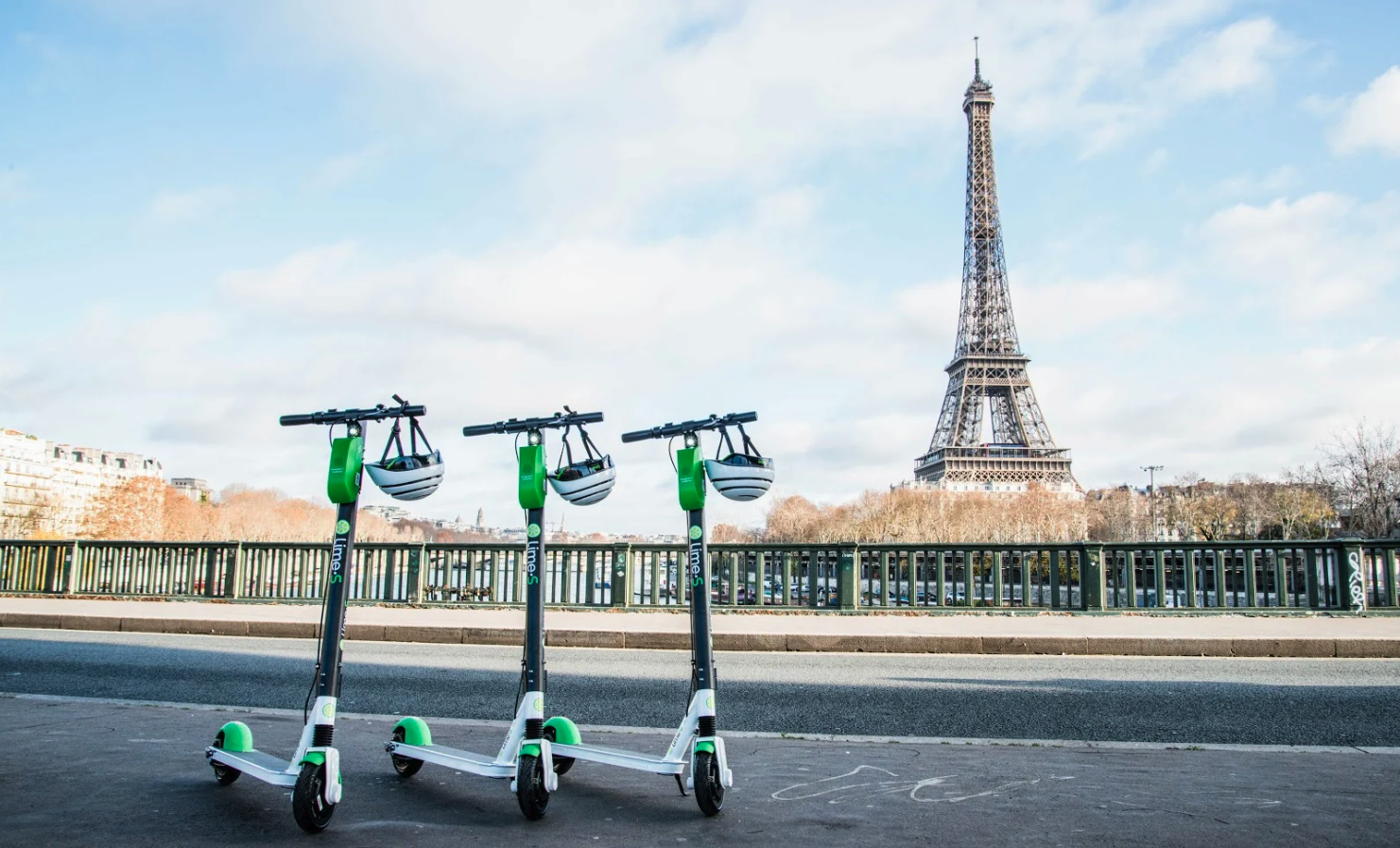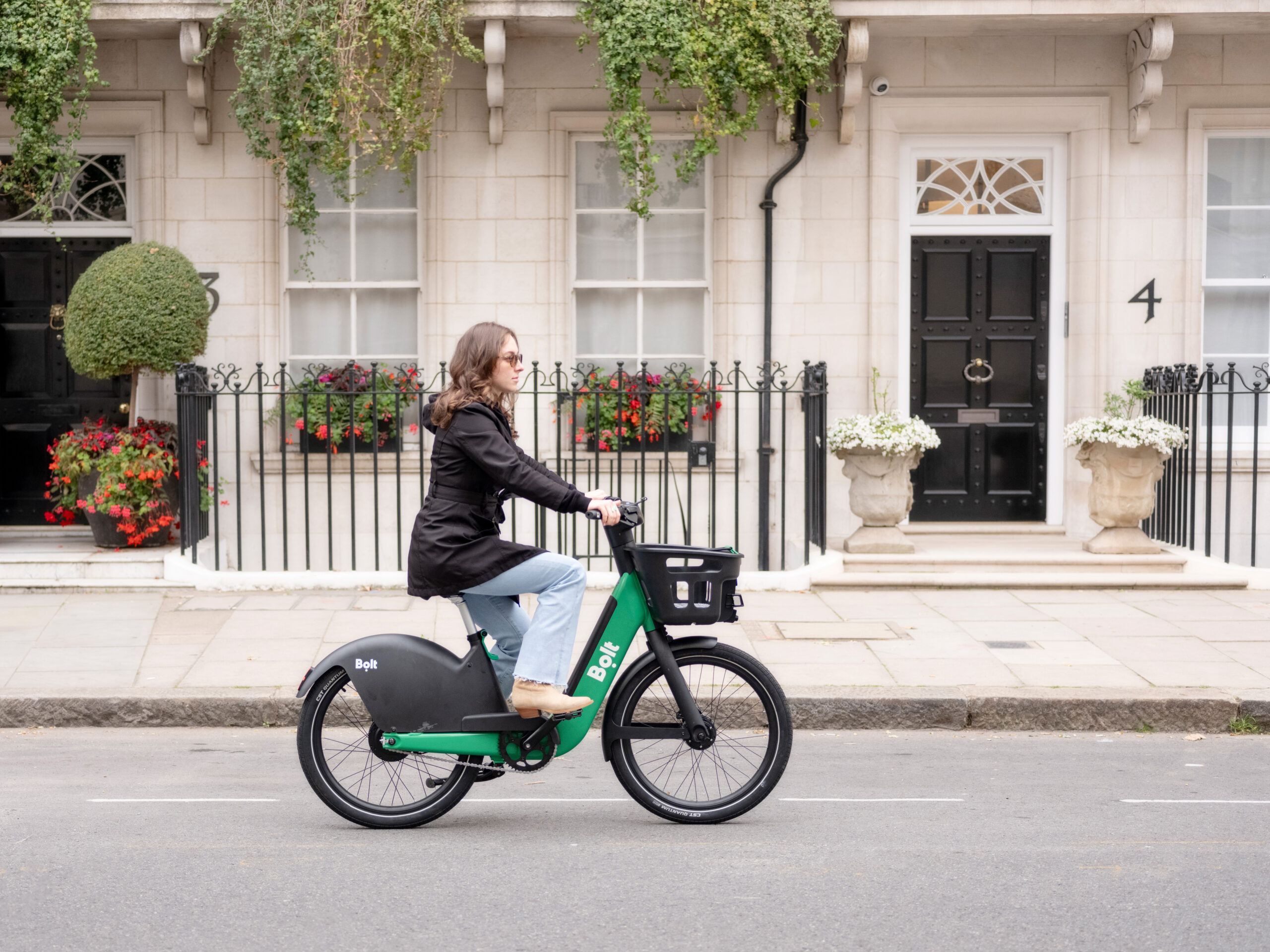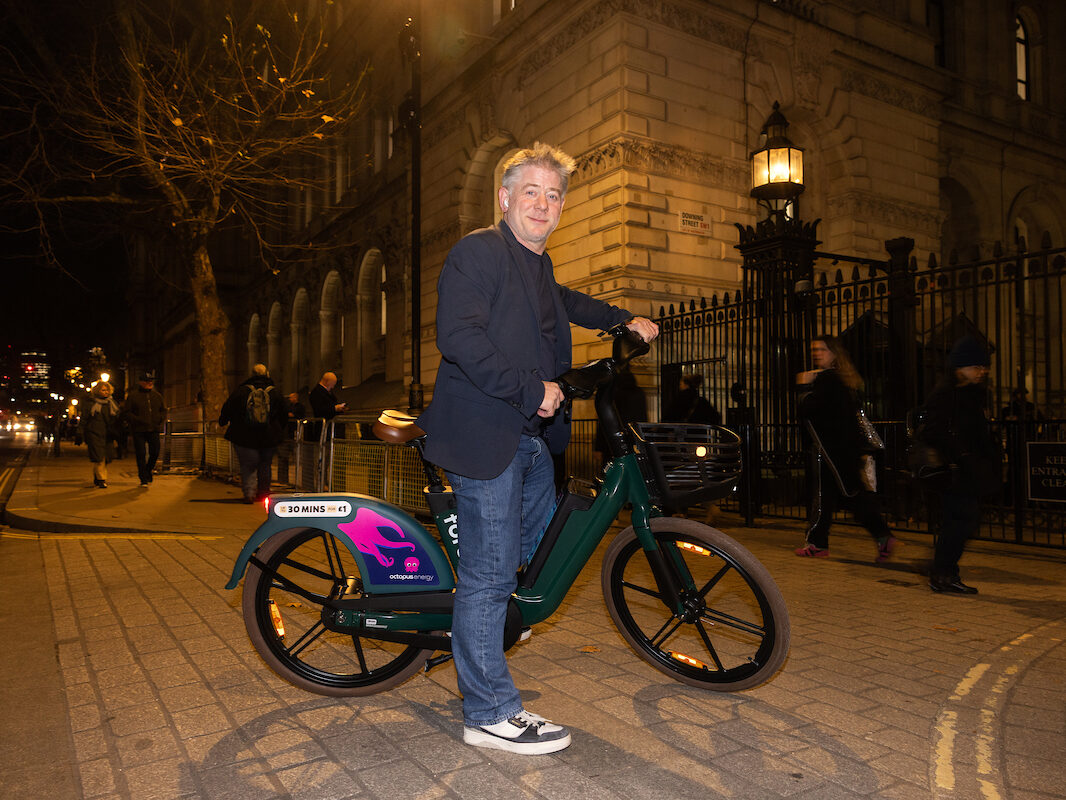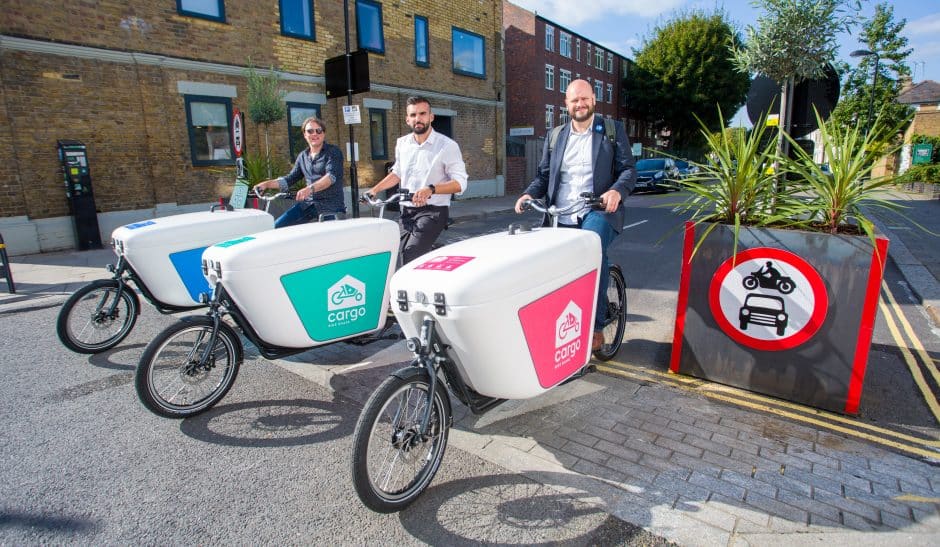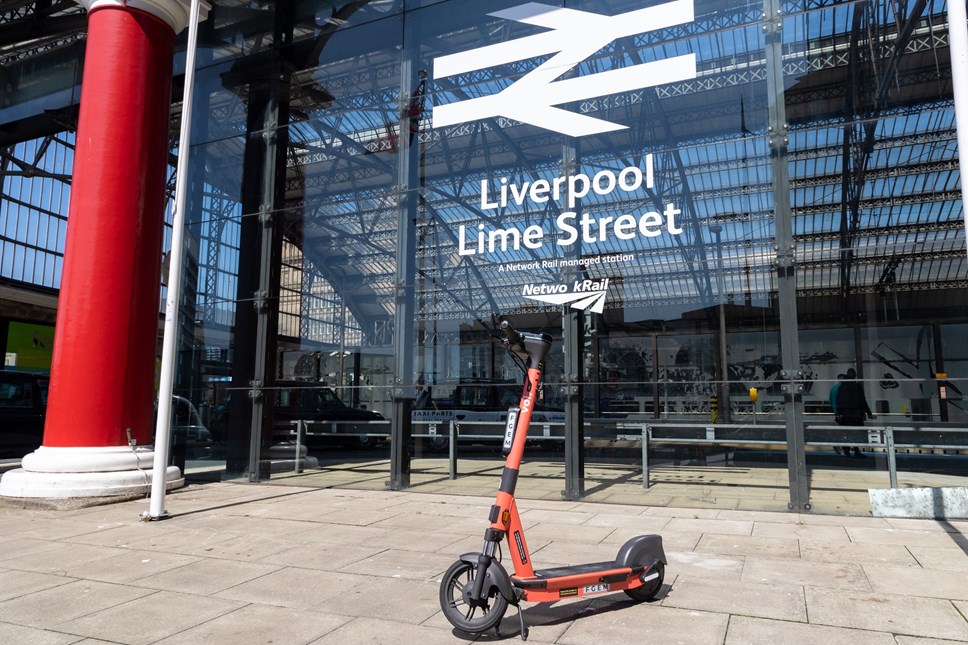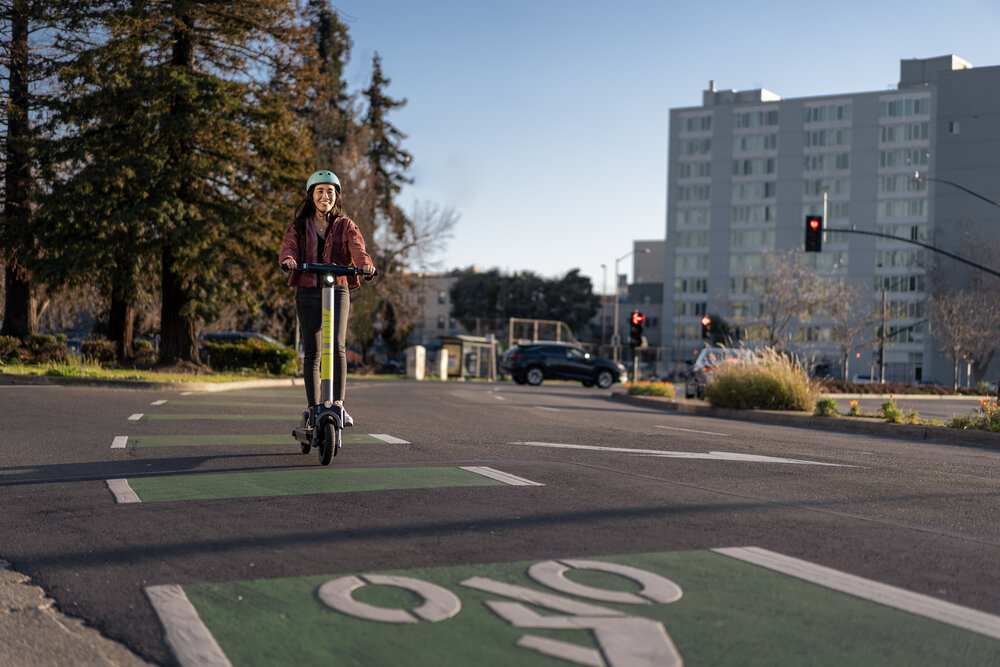On Sunday 2 April, residents of Paris voted ‘For or against self-service scooters’ with results revealing that 89.03% of votes were against the use of shared e-scooters in the city.
The vote took place between 9am and 7pm across 203 polling stations in the city. 103,084 Parisians voted (from 1,382,322 people registered on the Parisian electoral lists) and 89.03% of those who voted chose to ban self-service scooters.
Anne Hidalgo, Mayor of Paris, said:I would like to warmly thank all the Parisians who responded by going to the polls throughout the day. Thanks to their mobilisation, this first vote is a great democratic success for our city and I am delighted. Once again Paris innovates. I would also like to salute all the municipal agents who ensured the smooth running of operations in the 203 polling stations as well as the members of the control commission. This evening, the Parisians who spoke overwhelmingly spoke out against self-service scooters. Their very clear message now becomes our roadmap. With my team, we will follow through on their decision as I promised.
Of the 103,084 votes, 11,256 or 10.97% voted in favour of shared e-scooters, while 91,385 or 89.03% voted against them. 443 blank and invalid ballots were also cast.
Micro-Mobility for Europe has expressed its regret at this outcome, saying it believed that the poor turnout of just 7.46% meant that a small group of people had had a disproportionate influence on the city’s urban mobility system.
In a press statement, Micro-Mobility for Europe said:Discontinuing shared e-scooters in Paris will come at the cost of many citizens who wish to diversify their travel beyond private car ownership. Moving away from shared e-scooters isolates Paris from the rest of the world with major capitals like Washington, Madrid, Rome, London, Berlin and Vienna further enabling this form of decarbonised transport.
E-scooters are a concrete solution based on the objectives of the COP21 agreements – signed in Paris, as independent research shows that mode shift from motorised vehicles accounts for almost 20%.

